It’s easy to get lost in the supplement department; after all, there are so many products out there! We might be biased, but we know that all of our Arrae products surely stand out from the crowd: hello, all natural, good-for-you ingredients that you can actually pronounce!
We’re all into herbal remedies; after all, we know how powerful plants can be, regardless of whether we’re enjoying them in our diet or using their extracts to boost our overall health, keeping our wellness on track, and making us feel oh, so good. For centuries, cultures have used plants for medicinal purposes, using them to heal wounds, infections, and to aid in recovery from various diseases.
Tinctures, specifically, have become popular due to their convenience and potency in just a few drops. Keep reading to learn more about what a tincture is, how they differ from supplements, why they’re good for our bodies, and how to take them to optimize our health.
What is a Tincture?
Tinctures are highly concentrated liquid, herbal extracts made from plants and used as herbal medicine. They’re formulated to be taken orally to relieve various health issues or to support specific elements of wellbeing and overall health. In terms of chemistry, tinctures are solutions that use alcohol or glycerin and water as solvents (a liquid that’s able to dissolve other substances). The alcohol extracts active nutrients from plants to form this high-potency liquid.
The name “tincture” is derived from the Latin word “tinctus”, meaning moistened or dipped, which later became ‘tincture’. By the 17th century, tincture became a term used to describe the color of medicine or a herbal solution. This is because tinctures take the color of the plants they are extracted from. For example, tinctures made from hibiscus flowers are a deep purple, while those made from chamomile flowers are dark yellow.
In chemistry, a tincture is a solution that has ethanol (aka, alcohol) as its solvent. In herbal medicine, alcoholic tinctures are made with various ethanol concentrations, which should be at least 20% alcohol for plant preservation purposes. The combination of solvent and plants, whose ratios differ by tincture, allow for a greater part of the whole plant to be extracted and also preserves the medicinal properties for much longer use.
Alcohol is broadly thought to be the best solvent for making tinctures and extracting a wide range of plant properties. The method allows easy absorption of healing plant compounds into the bloodstream. However, liquids other than alcohol can be used as the solvent, including glycerin, vinegar and honey. The resulting liquids are not usually called tinctures but instead known as glycerites, vinegar and oxymels - which is a honey vinegar mix.
What are the Benefits of Tinctures?
Tinctures make it easy to consume the natural health-boosting properties found in plants. They’re easy to make at home, are usually inexpensive, and have a wide range of health benefits. Research shows that an estimated 80% of the world’s population uses tinctures as part of their primary health care regimen, as tinctures have shown promising potential with the efficacy of a good number of herbal products clearly established.
What are Some Common Plants Used in Tinctures?
Scientific studies have shown that certain plants are beneficial in treating health problems including anxiety, boosting our immune system, detoxing our bodies, and promoting sleep.
Chamomile: Chamomile preparations are commonly used for many human ailments such as hay fever, inflammation, muscle spasms, menstrual disorders, insomnia, ulcers, and gastrointestinal disorders. Essential oils of chamomile are used extensively in cosmetics and aromatherapy. Further research suggests that chamomile is effective in treating anxiety, healing wounds, and reducing inflammation.
Garlic: A meta-analysis of several scientific studies suggests that garlic is effective at lowering total cholesterol and LDL (low density lipoprotein) cholesterol. LDL cholesterol, specifically, has been linked to an increased risk of cardiovascular events, including heart attack and stroke. A follow-up analysis showed that garlic was effective when used for more than 2 months, with individuals consuming ½ or a full clove of garlic per day.
Ginger: Ginger has been used for thousands of years in traditional medicine to naturally treat numerous medical conditions including sickness, migraines, nausea, digestive relief, and high blood pressure. Several studies have found that ginger plays a key role in decreasing the gas formed in the digestive tract. The enzymes in ginger break up and expel this gas, ridding the body of abdominal pain and other unwelcome bloating symptoms. In addition, ginger has been found to increase movement through the digestive tract, aiding in decreasing constipation and providing digestive relief.
Gingko: Ginkgo contains high levels of flavonoids and terpenoids, which are compounds known for their strong antioxidant effects. Antioxidants combat or neutralize the damaging effects of free radicals, which are highly reactive particles that are produced in the body during normal metabolic functions. Ginkgo has also been found to decrease inflammation, which is the body’s natural response to injury or invasion. Some chronic diseases can trigger an inflammatory response even when there is no illness or injury present; Over time, this excessive inflammation can cause permanent damage to the body’s tissues and DNA.
Valerian: The compounds in Valerian root play a role in signaling GABA receptors, ultimately leading to the increase of GABA levels and thereby contributing to valerian root’s sedative effects. One study from 2007 highlighted the sleep-inducing effects of Valerian root, having shown improvements in sleep quality, fewer night awakenings, and longer sleep duration in the treatment group. Our Sleep capsules contain valerian, ensuring restful and uninterrupted sleep, every night.
Tinctures vs. Supplements: What’s the Difference?!
Many of us are used to taking supplements; if you’re reading here, there’s a good chance you’ve taken our Arrae products before (and have seen great results!). But, if we take both supplements and tinctures, what’s the difference between the two? Is one better than the other? Let’s find out:
Absorption: Our bodies utilize about 98% of herbal extracts/tinctures but only about 50% of capsule and tablets. However, this doesn't mean that capsules aren’t effective; it just further demonstrates the power of plants! Tinctures are far more potent due to the large concentration of herbs in a smaller dose. They are easier to digest and are more quickly absorbed because the body doesn’t need to break down the plant cellulose in order to absorb the medicinal properties of the herbs, also often resulting in far fewer gastrointestinal side effects!
Quick Fix vs Consistency: Tinctures are preferred for those who need a faster acting dose, or for those who need to adjust their dose easily by adding in more drops. Capsules, on the other hand, are preferred for those who want a more consistent dose, or for those who want the benefit of a longer lasting effect. Check out this blog post to learn more about why consistency is key in terms of our supplement regimen.
In conclusion, when comparing tinctures and capsules, it's important to consider the concentration of active compounds, absorption speed, customizable dosing, and versatility. Tinctures are typically more concentrated, absorbed more quickly, allow for precise dosing adjustments, and offer a wider variety of herbal options. Capsules are great for long-term, consistent use. Ultimately, the choice between tinctures and capsules depends on individual preferences and needs, always remembering to put your own health goals first!
How To Use Tinctures
We’ve covered a lot so far…the only question remains, ‘How do I actually use a tincture?’. Tinctures can be taken by the drop, or, more commonly recommended, can be diluted by adding a few drops into a glass of water. Adding drops into water does not change the effects of the tincture; it simply makes the taste less potent. Whichever way you take your tincture, just know that the powerful effects of the plants will work with time; no need to double down on dosage, just be patient!
Disclaimer: This blog post is purely informational and does not imply any evaluation by the Food and Drug Administration. This blog post is not intended to diagnose, treat, cure, or prevent diseases, nor should it substitute for advice from a healthcare professional.
References:
“Effect of Garlic on Serum Cholesterol Levels.” Phytochemicals as Bioactive Agents, 2000, pp. 221–234, https://doi.org/10.1201/9781482278880-16.
Shinjyo N, Waddell G, Green J. Valerian Root in Treating Sleep Problems and Associated Disorders-A Systematic Review and Meta-Analysis. J Evid Based Integr Med. 2020 Jan-Dec;25:2515690X20967323. doi: 10.1177/2515690X20967323. PMID: 33086877; PMCID: PMC7585905.

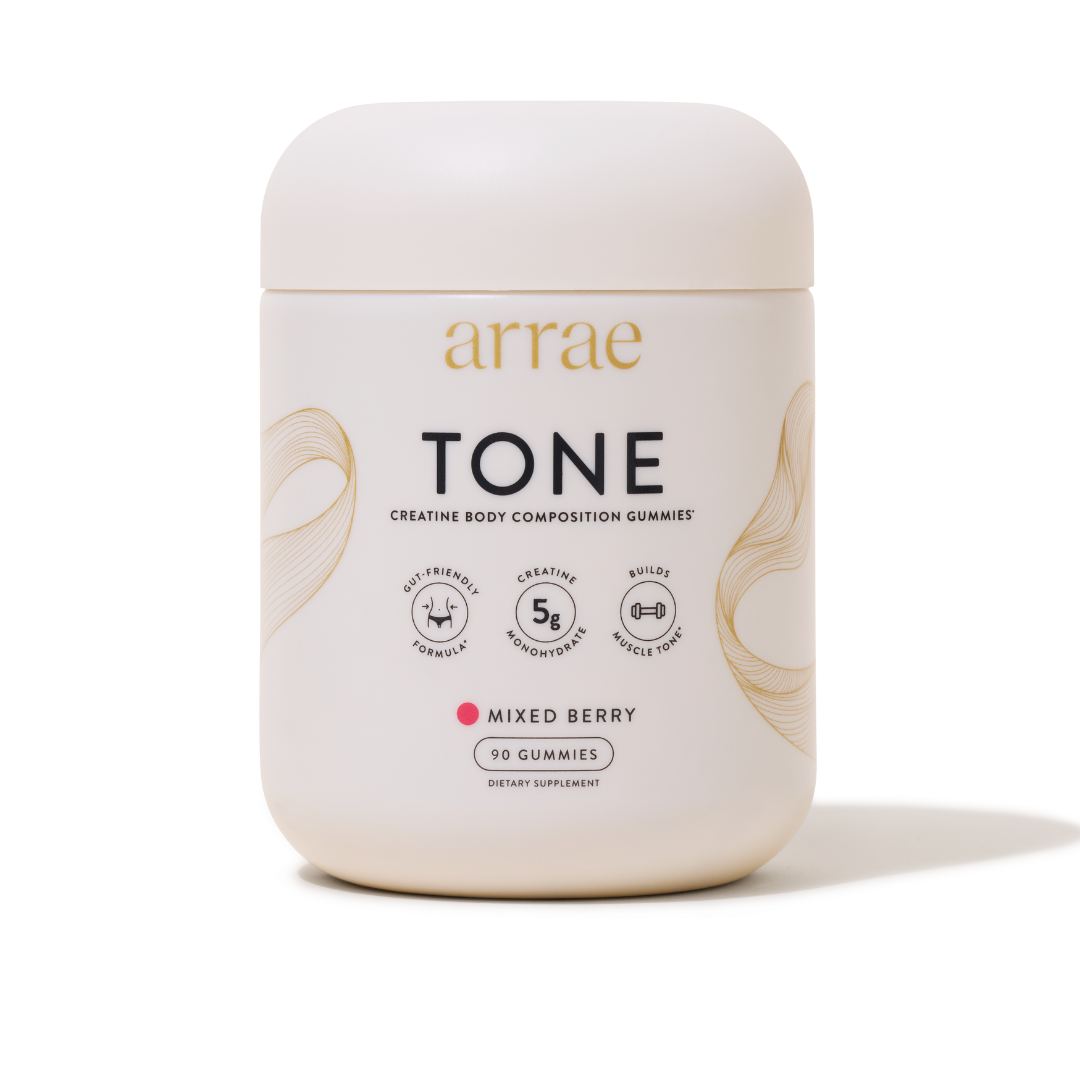
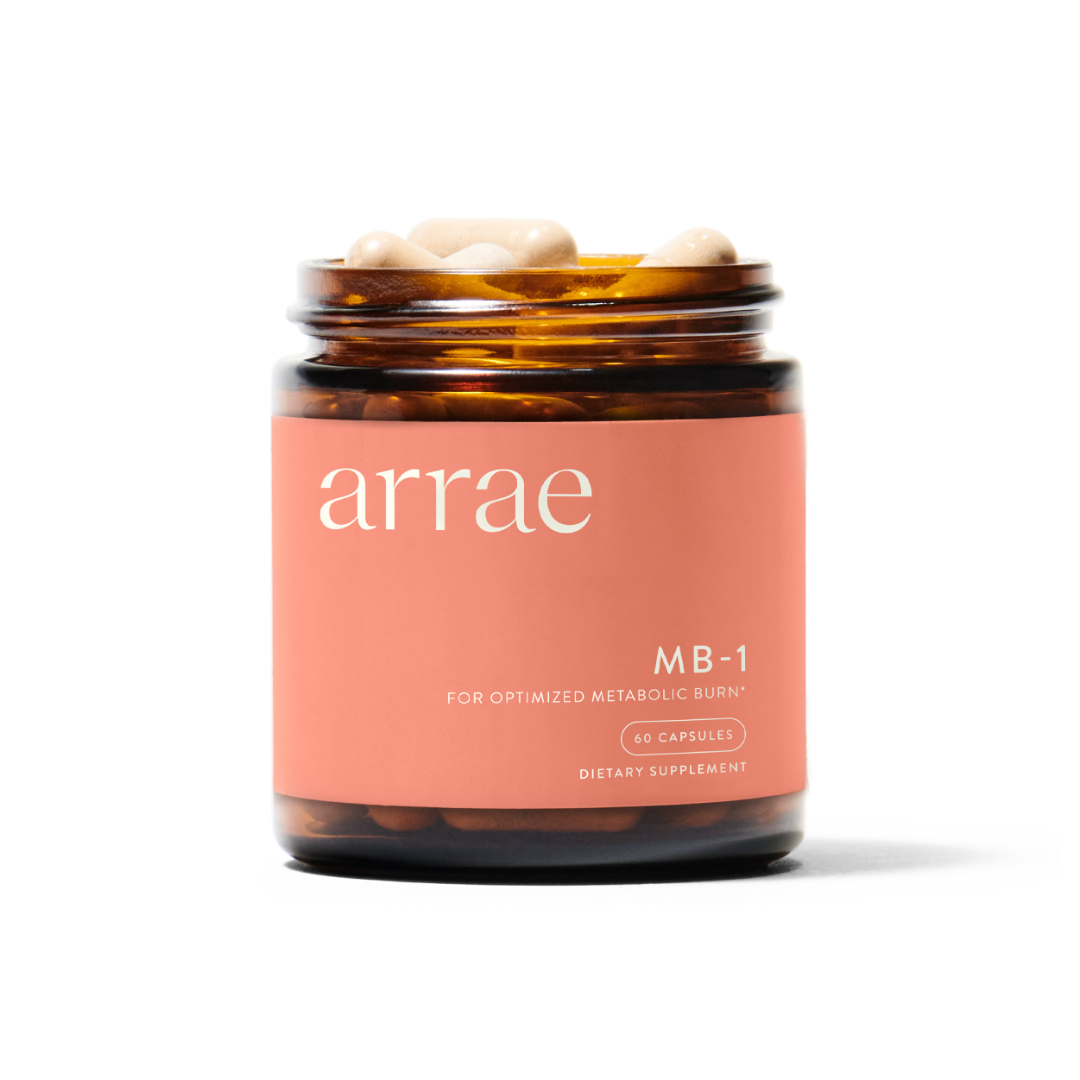
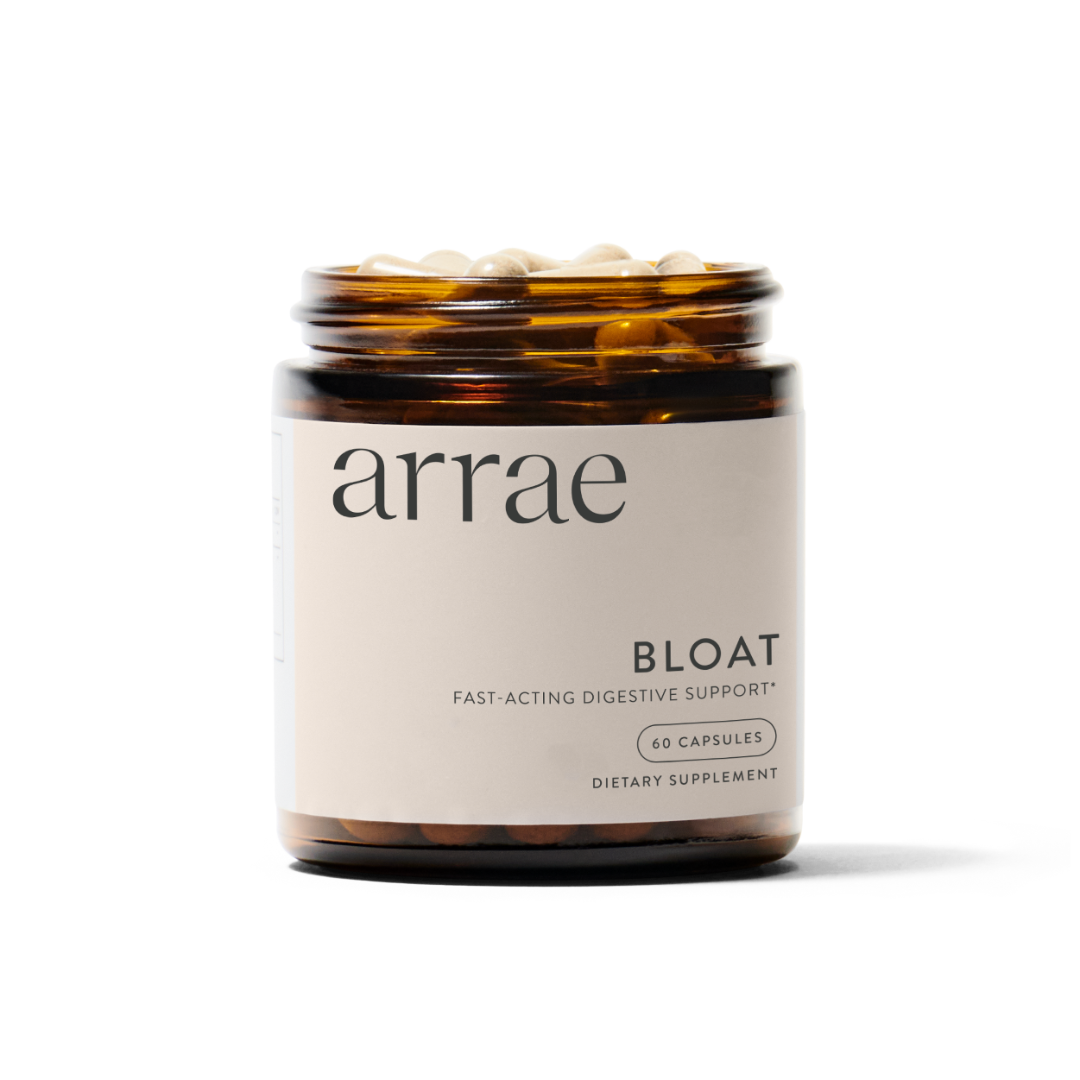
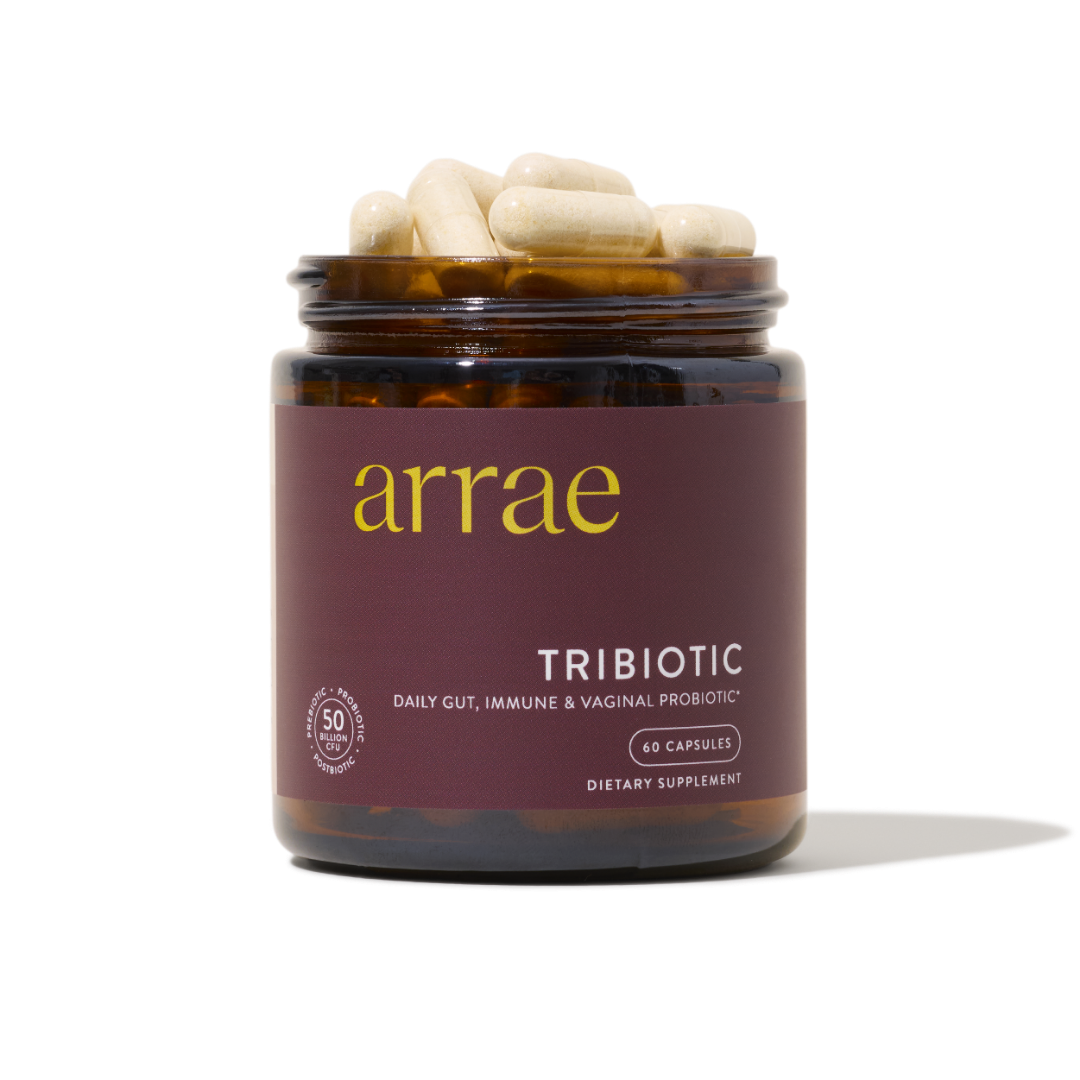
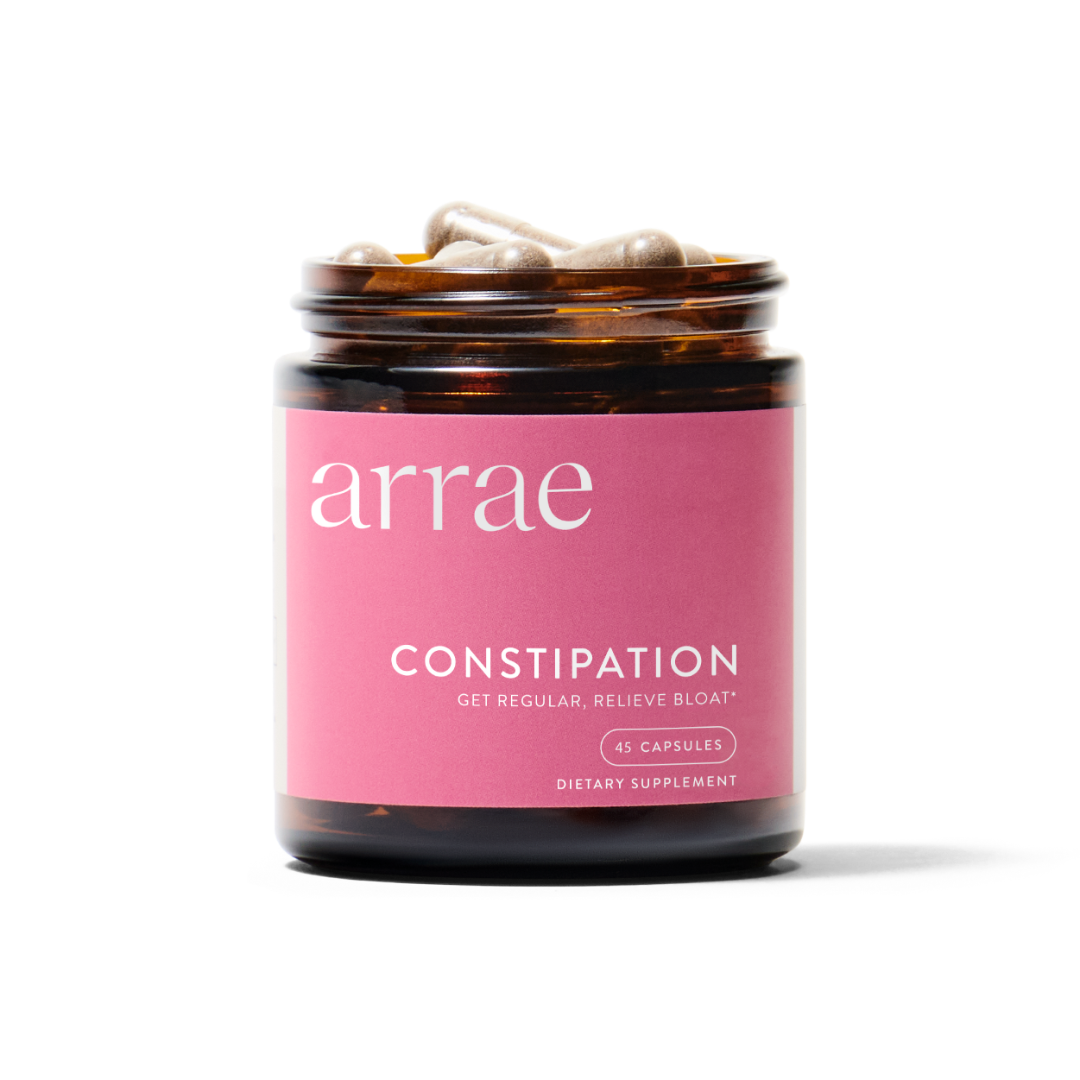

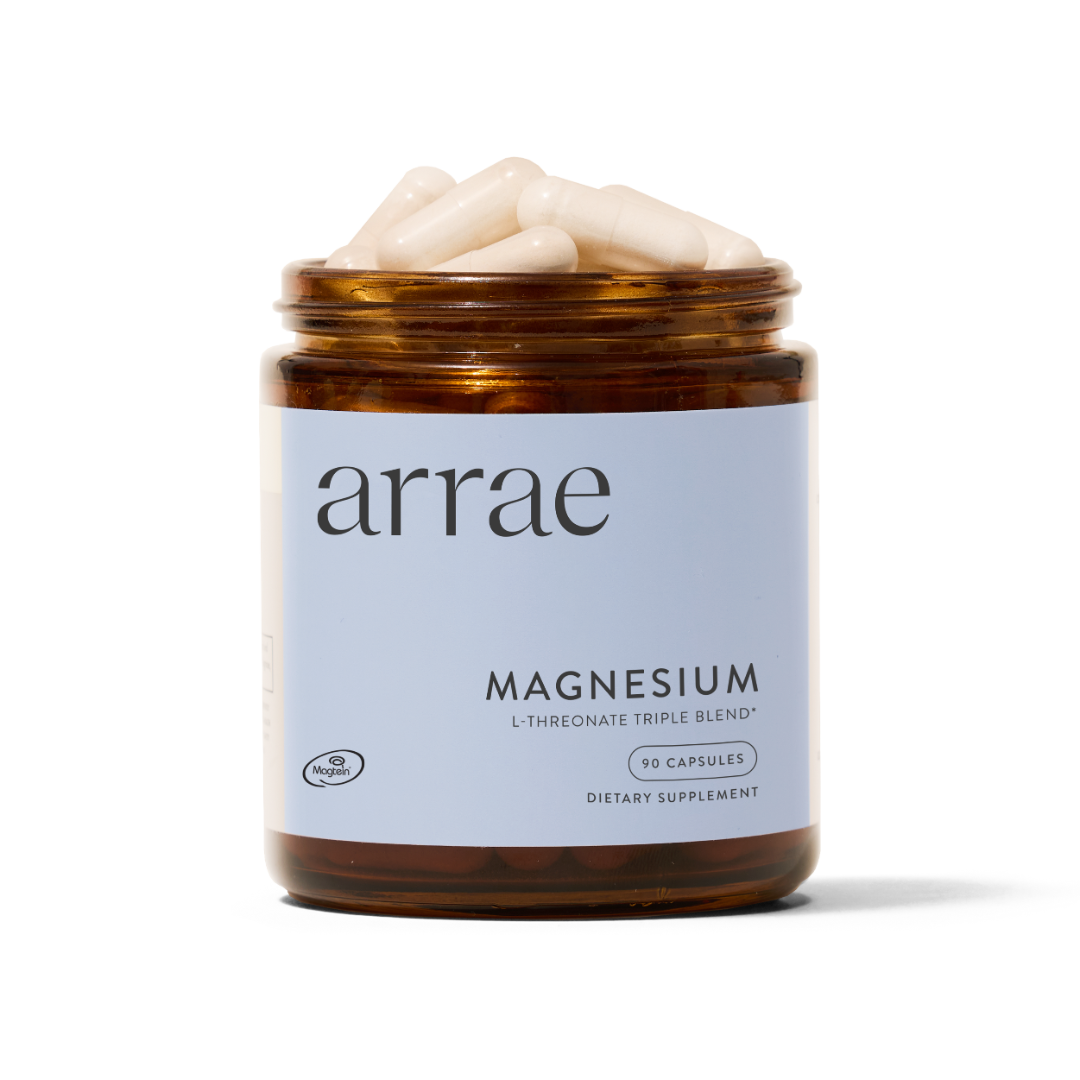
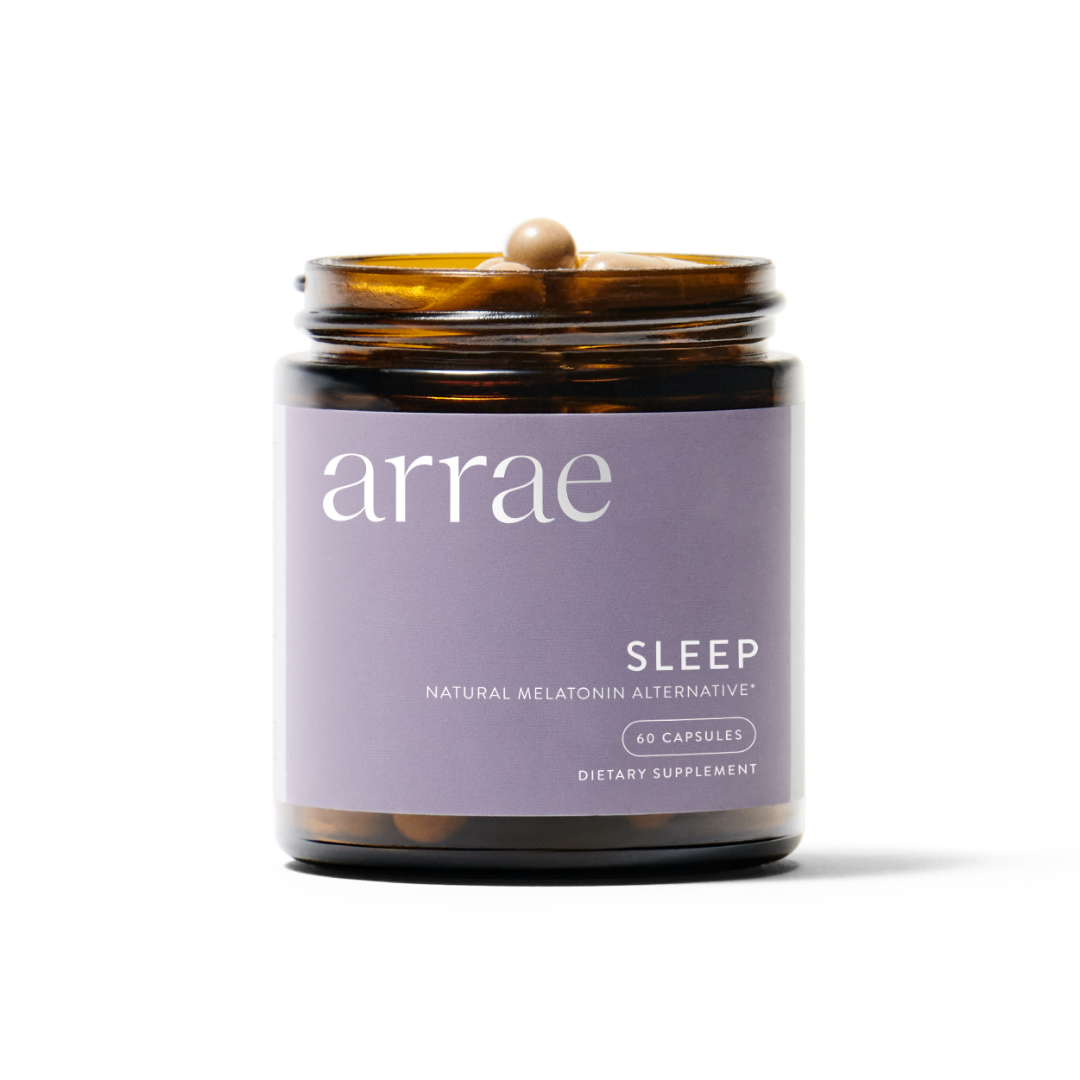
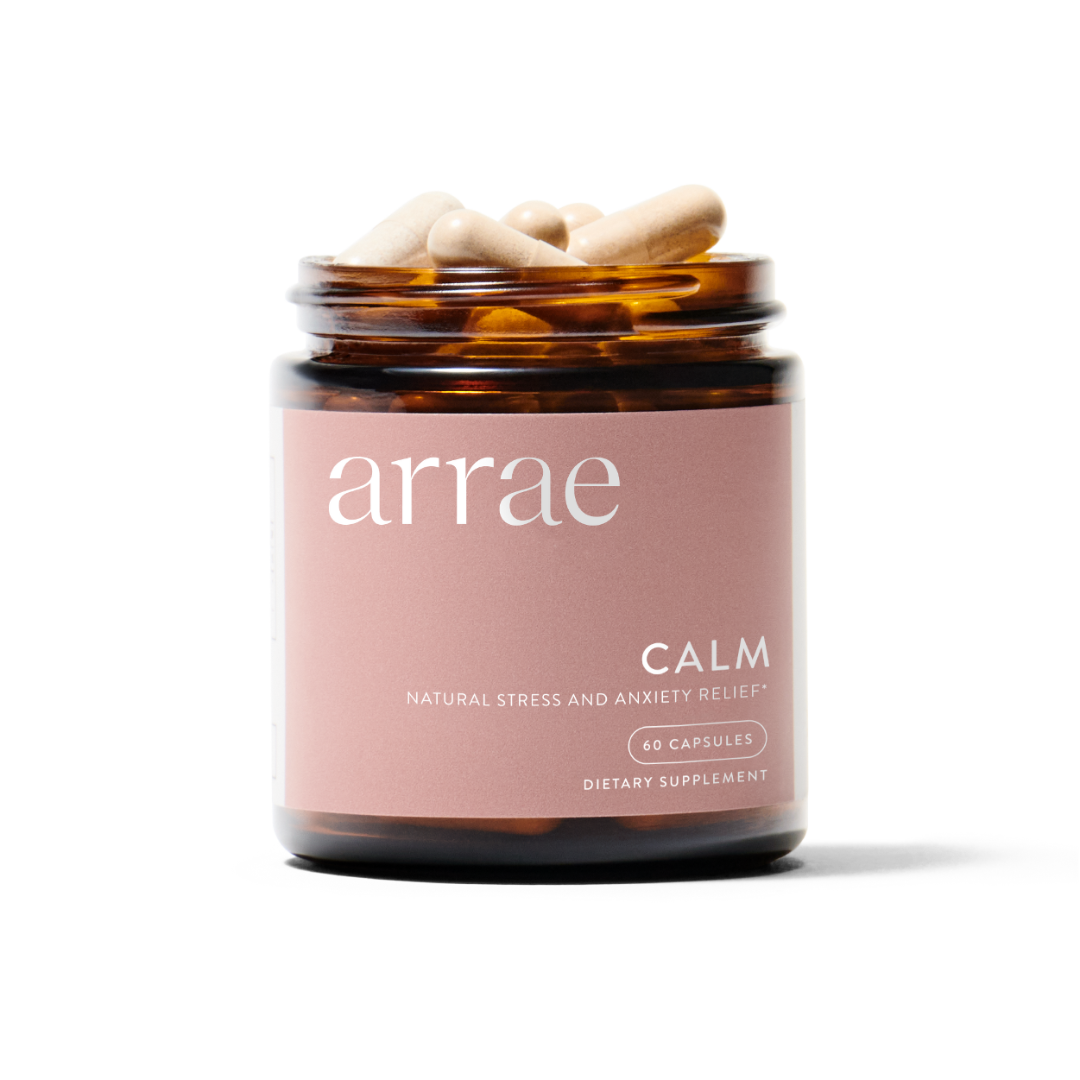
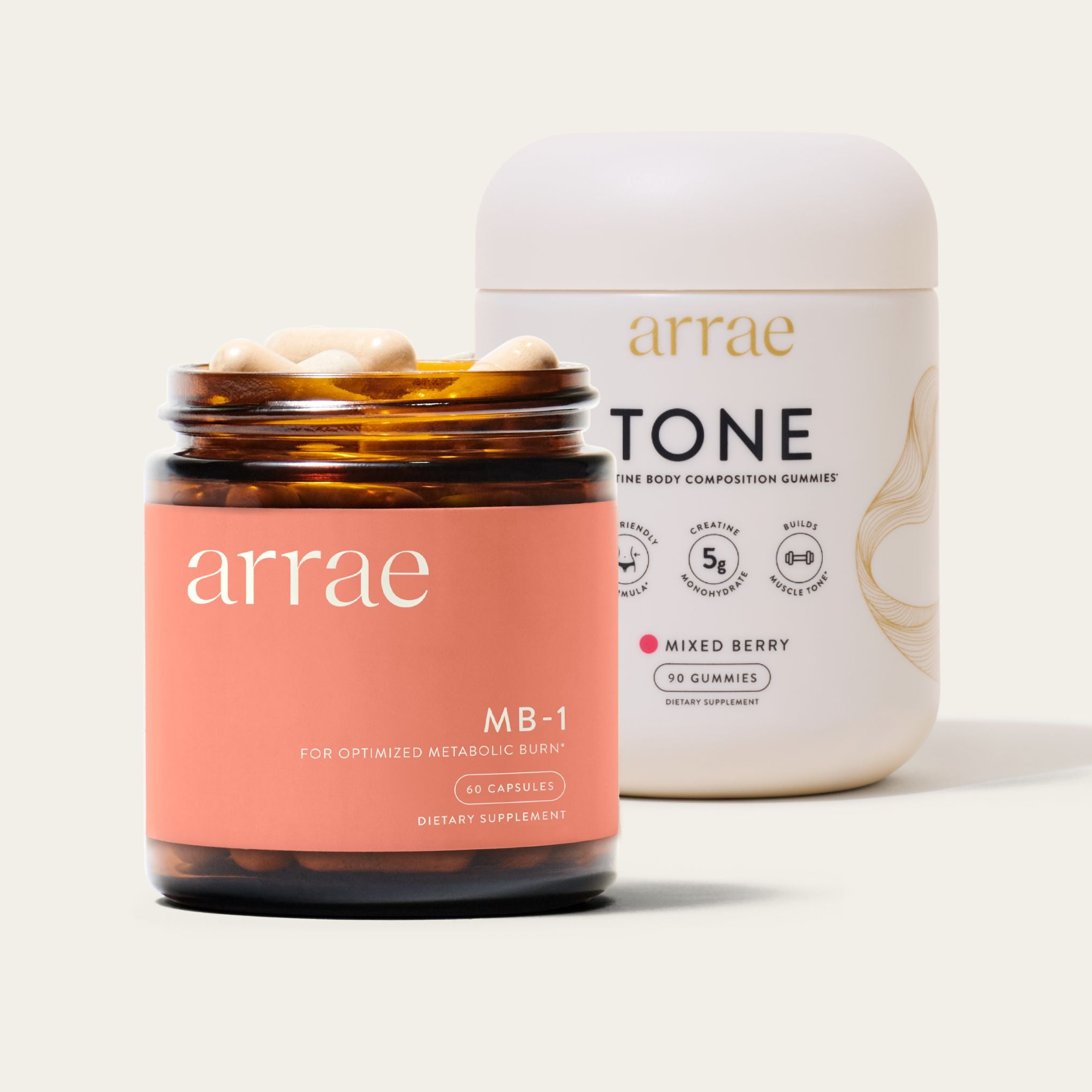
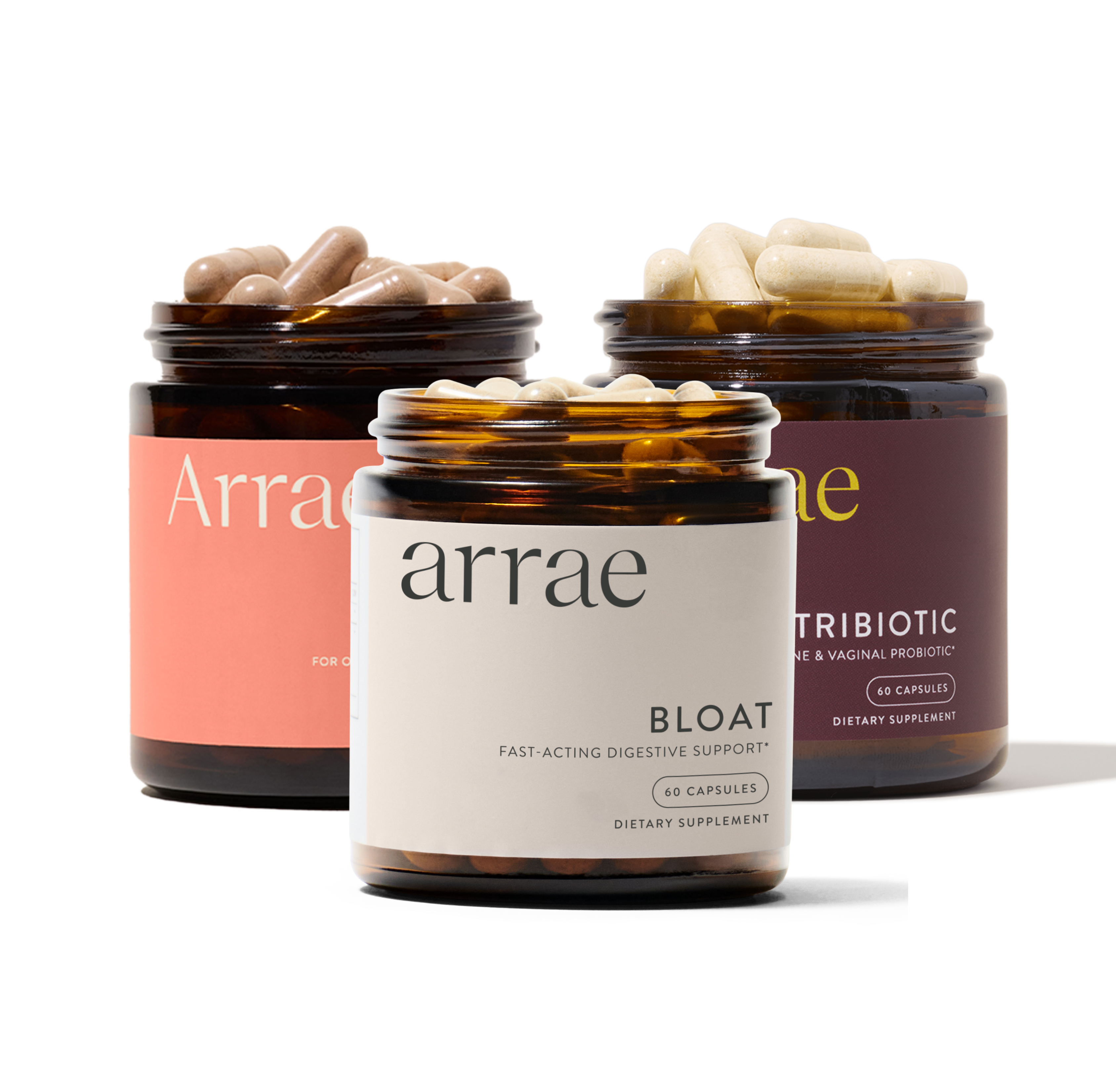
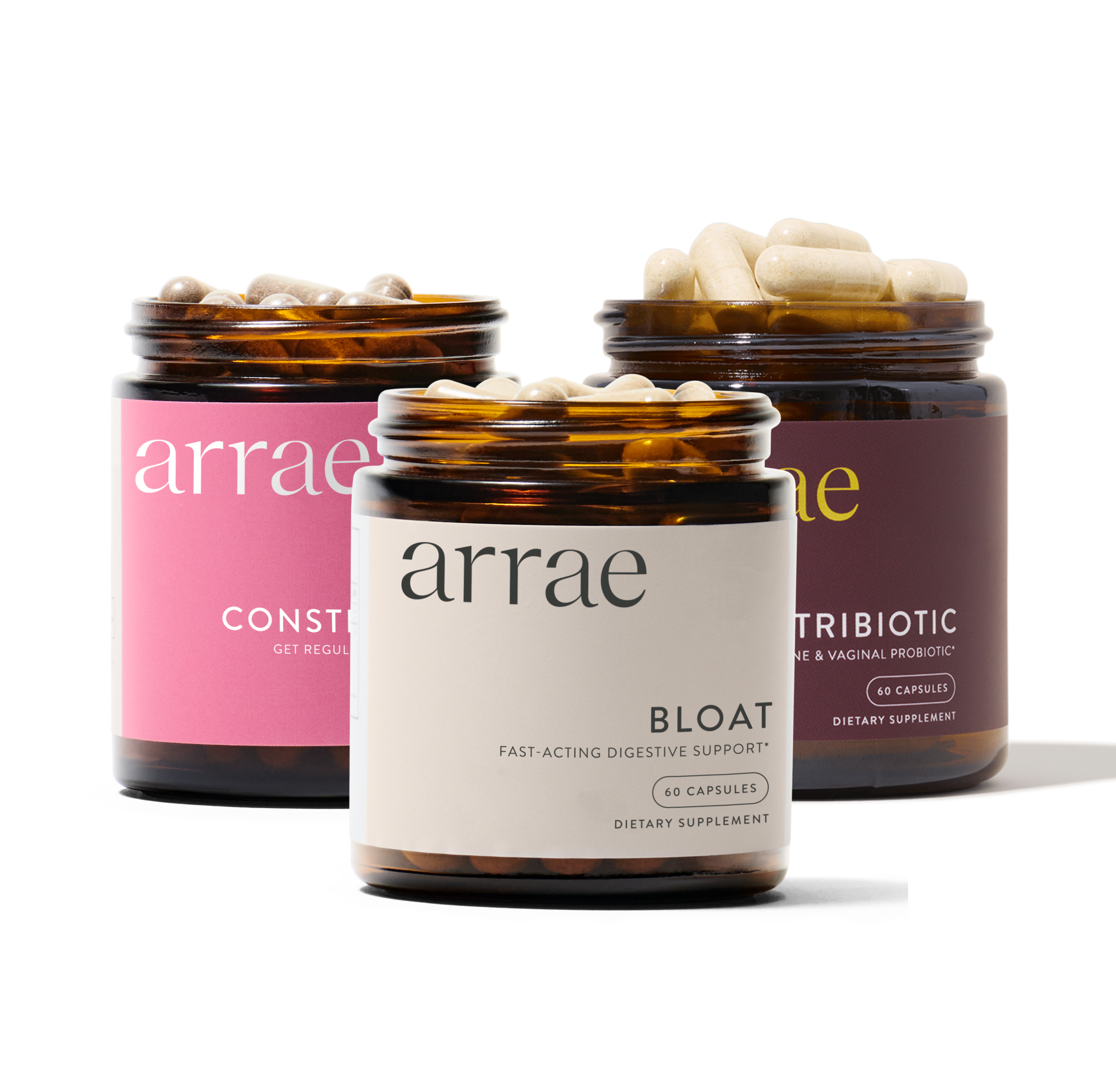





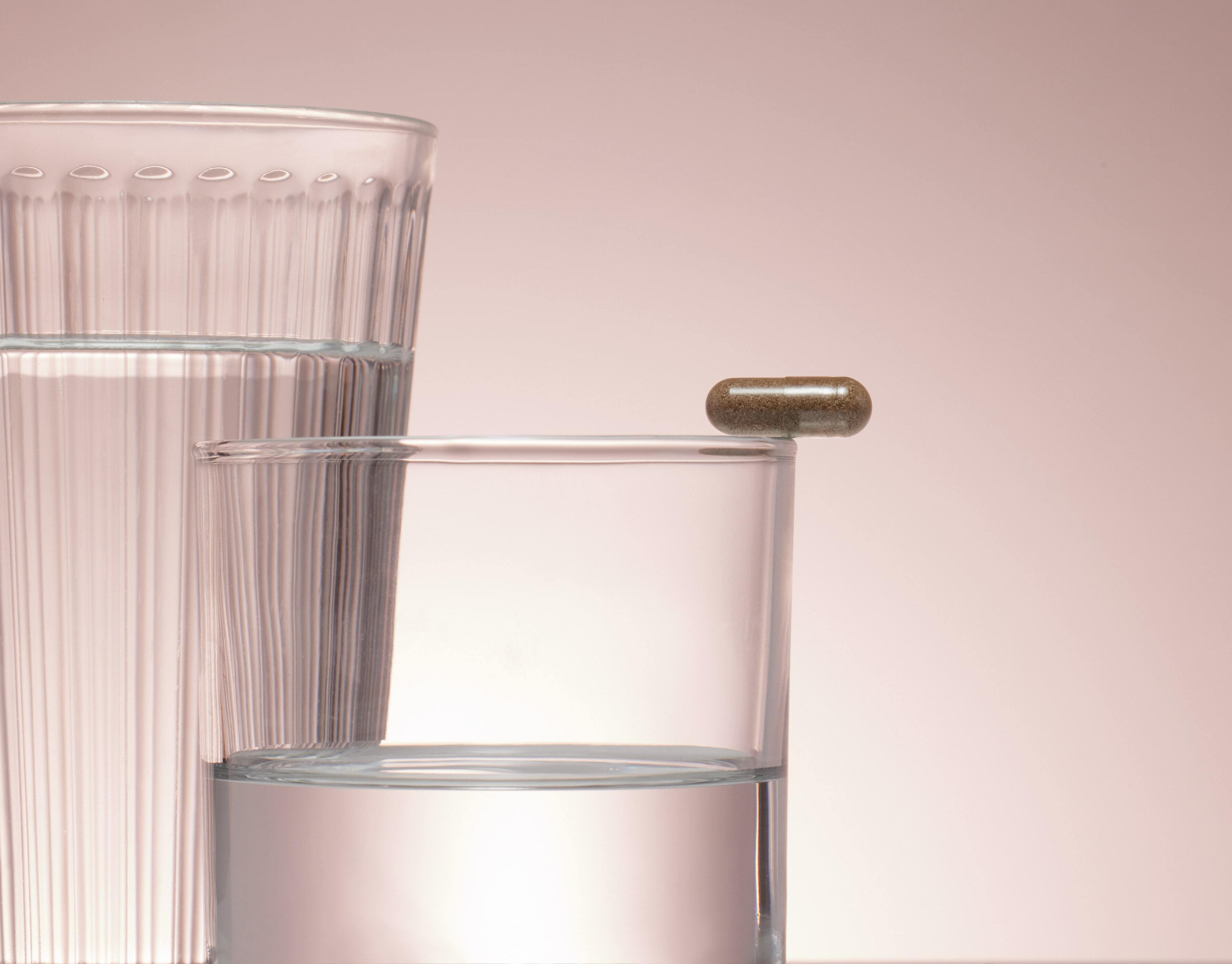

 Instagram
Instagram TikTok
TikTok Youtube
Youtube Facebook
Facebook Email
Email